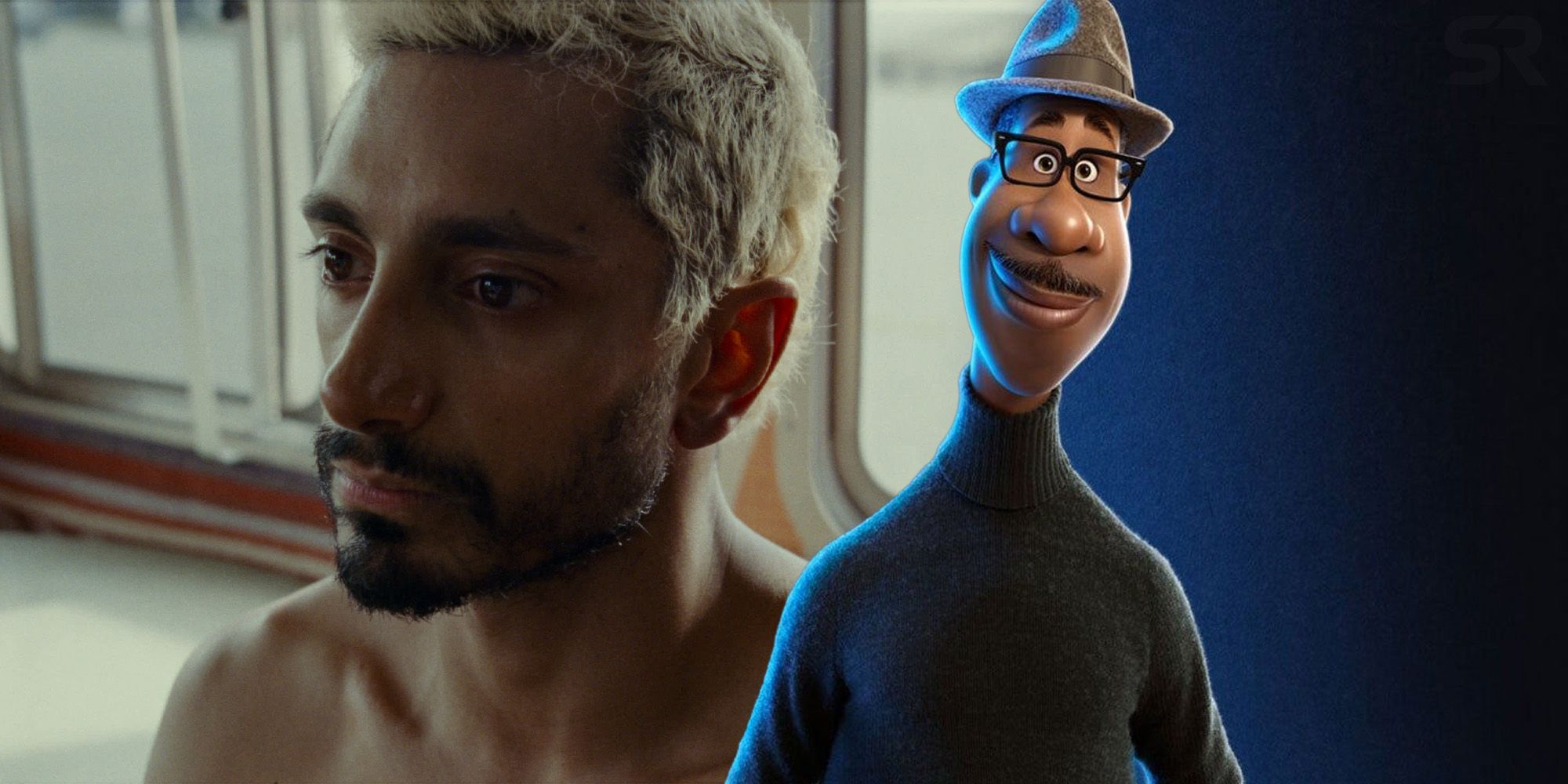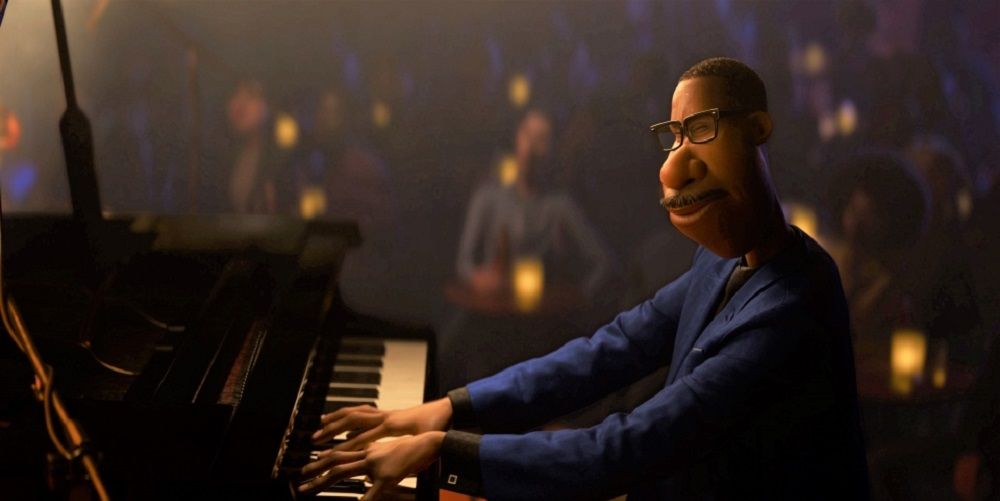In a year devoid of traditional theatrical releases, Darius Marder's Sound of Metal has emerged as one of the strongest films of 2020, and even has a lot in common with another 2020 hit: Pixar's Soul. Sound of Metal offers a more adult take on similar themes, and is ultimately the better of the two films.
In Sound of Metal, drummer Ruben begins to rapidly lose his hearing. Afraid of relapsing, he checks himself into a deaf rehab facility and experiences a stunning transformation. Resistant to change throughout, Ruben eventually accepts his new life as a member of the deaf community and adopts a new perspective grounded in simplicity and understanding. Ruben's journey is not unlike Soul's Joe Gardner, who grows to appreciate the little things in life after a brush with death.
Sound of Metal succeeds largely on the heels of a terrific lead performance from Riz Ahmed, but the film also features innovative sound design, as well as a bevy of dynamic supporting actors. It tells an emotionally rich story in order to illustrate the idea that people are much more than the labels they assign themselves. Soul works to share a similar idea, stressing the importance of living outside of one's career. But whereas Soul constructs an intricate concept in order to communicate its ideas, Sound of Metal allows its story to give way to these same thoughts, resulting in something much more honest, albeit mature, in the process.
The connections between Sound of Metal and Soul are as bountiful as they are fascinating. Both films follow musicians who find their careers upended, and consequently undergo immense change en route to discovering an entirely new set of values. They even feature nearly identical scenes, particularly towards their respective endings, in which the protagonist sits down and simply observes their surroundings, fixating upon a nearby tree. Unfortunately, unlike Sound of Metal, Soul fails to follow its own advice. When Joe, the main character in Soul, does begin to observe a nearby tree, seemingly coming to the realization that simply being present is just as much a part of life as playing the piano, he quickly rushes off to find 22. Of course, this makes sense narratively, but it also feels inconsistent with the film's advice. Sound of Metal, on the other hand, allows Ruben to truly sit in silence, a soft smile stretched across his face, as he adheres to the same lesson that the film imparts.
Of course, Sound of Metal is an R-rated film, and Soul, despite its sometimes adult themes, is not. In this sense, the former is able to get away with a lot more, and is catering to an entirely different audience. It doesn't need a convoluted rendering of the "Great Before" or explicit dialogue discussing the meaning of life in order to get its message across. The film can instead rely upon its moments of silence, as well as the subtleties of Ahmed's performance. Like Sound of Metal, Soul places a lot of trust in its audience — it's just a different kind of trust. Soul trusts its young viewers to engage with a difficult topic, but it still must discuss that topic in a more overt, childlike manner. The result is likely a weaker film, albeit one with a slightly different audience in mind. Soul's complex framework is undoubtedly intriguing, but it forgets an essential part of storytelling: great themes come from great stories, not the other way around. By conversely sharing one of the most romantic, unsettling, and inspiring stories of 2020, Sound of Metal firmly established itself as one of the year's very best.


